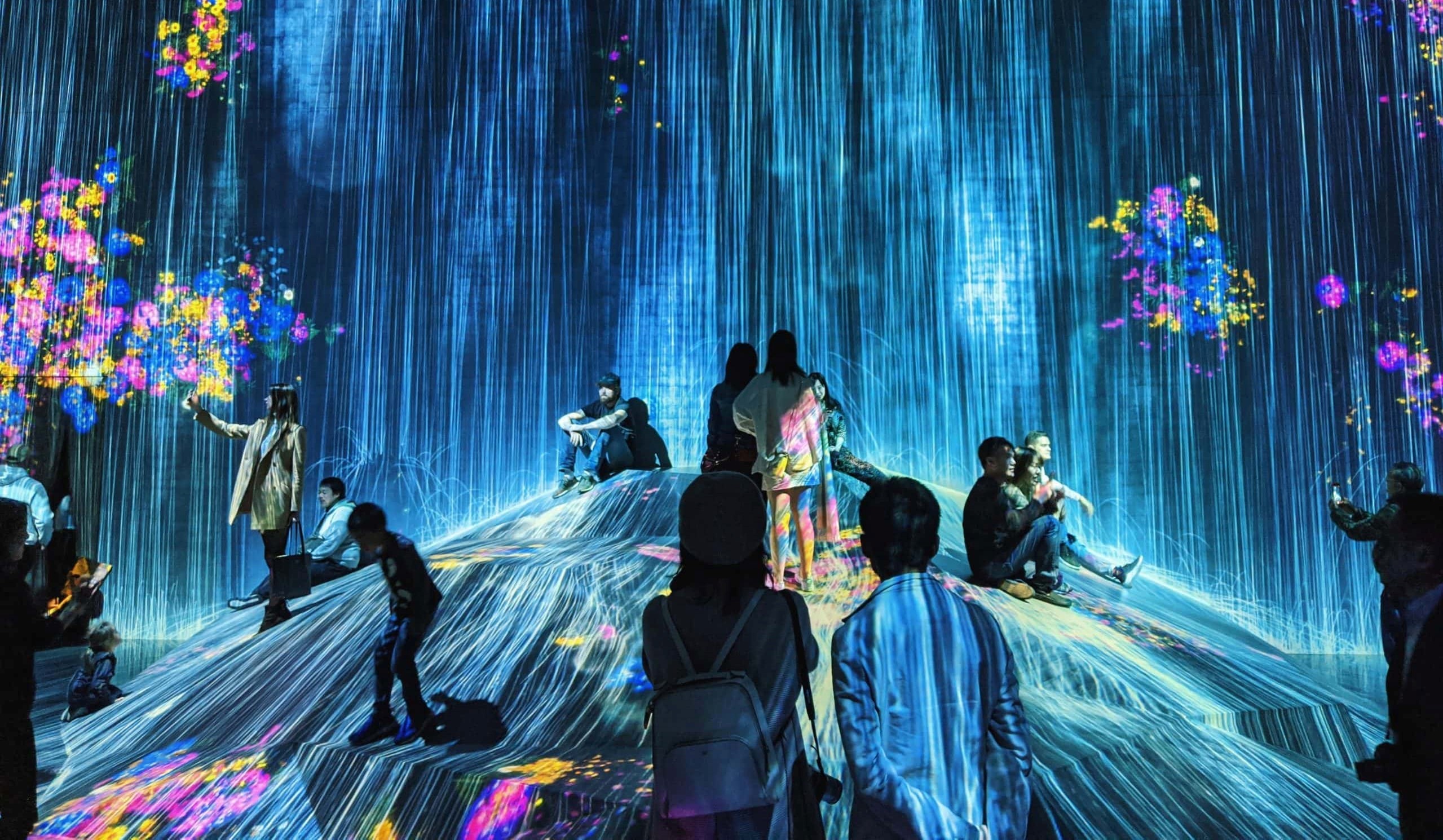Non-fungible tokens (“NFTs”) are digital tokens that are rapidly growing in the online space. They are typically one-of-a-kind digital files, such as images or short videos, that use blockchain technology to prove their ownership.
If you are interested in creating and selling NFTs, you should know by now that you definitely need an NFT license agreement.
What is an NFT License Agreement?
NFT license agreements protect the intellectual property rights and financial interests of original creators. This protection is ensured even after other people buy such NFTs (otherwise known as “purchased NFTs”). NFT creators may also set out exactly which rights they hold in purchased NFTs. NFT license agreements typically allow creators to continue to profit from their creations after they have been resold by requiring a set percentage of their subsequent resales to be paid to them.
NFT license agreements are built into the NFTs’ blockchains and are autonomously executed during all transactions of the NFTs.
Designing an NFT License
NFT license agreements must include several elements and must be customized to fit each person’s needs. The standard NFT License includes the following sections: 1. Definitions, 2. Ownership, 3. License, 4. Restrictions, and 5. Terms of License. NFT license agreements can also include additional provisions that cover linking wallets, liability, governing law, alternative dispute resolution, and physical experiences.
How Will Subsequent Purchasers Gain Ownership of Your NFTs?
In addition to setting out intellectual property ownership rights, NFT licenses also contain terms that allow subsequent buyers to acquire ownership of the NFTs. In NFT license contracts, creators may choose the marketplace or marketplaces on which their NFTs can be resold.
There are 3 main types of marketplaces for NFTs: open, curated, and proprietary. These are typically operated by different parties and require different levels of approval to sell NFTs. Open marketplaces, such as OpenSea, permit anyone to mint and sell NFTs. Curated marketplaces, such as Foundation, choose the NFTs that they allow being minted and sold on their platforms. Curated marketplaces’ purpose is to increase exclusivity and reduce fraud. NFT creators will need to apply and be approved before they can sell on a curated marketplace. Proprietary marketplaces, such as Vee Friends, generally only showcase NFTs created by their platform operators.
Note that certain marketplaces, especially curated ones, may require that creators use specific NFT license terms.
What Can Purchasers Do With Your NFTs?
In the license section, NFT creators can also outline what rights their buyers will have when they purchase their products. NFT license agreements may specifically address purchasers’ rights to display, copy, and use such NFTs.
NFT license agreements typically provide for the holders of purchased NFTs with a general use license. This type of license provides the owner with a non-exclusive, non-transferable, royalty-free, worldwide license to use, copy, or display the NFTs for personal use, non-commercial use, or resale.
Some NFT license agreements allow the commercial use of certain NFTs. For instance, if you own a CryptoKitties NFT license, you can sell or promote your own derivative merchandise with such NFTs as long as purchasers do not earn yearly gross revenue of more than $100,000 from such sales.
Earn Royalties on the Resale of Your NFTs
NFT license agreements typically contain provisions that explain the fees and royalties that are associated with the initial sale and subsequent resales of an NFT.
Other provisions may require that the subsequent purchasers pay a royalty or percentage to the original creator. For example, in the Vee Friends NFT license agreement, the creator receives a portion of the net sales to the NFT purchasers.
Are You Interested in Attaching a Physical Experience to Your NFT?
There are a few NFT license agreements that have provisions that allow users to experience specific physical experience opportunities. Some NFTs have even included these provisions in their license contracts. Vee Friends is the most notable NFT platform with a physical experience provision involved in its NFT license contract. The terms of the VFNFTs’ license agreement provide for the possibility of experiencing special experiences, such as attending a conference or participating in a series of meetups with the creator of the NFTs.
Do You Need an NFT License Agreement?
If you are planning on creating and selling NFTs on the open market or via your own proprietary marketplace, you will need an NFT license agreement.
If you are interested in learning more about NFT License Agreements or require legal assistance in connection with preparing your customized NFT license agreement, feel free to reach out to us and our expert attorneys will contact you in no time!
Note that the information mentioned in this article is not a substitute for obtaining legal advice from an attorney. Each situation is unique, and you should not act or rely on any information contained herein without seeking the advice of an experienced attorney.
Legally Yours,







